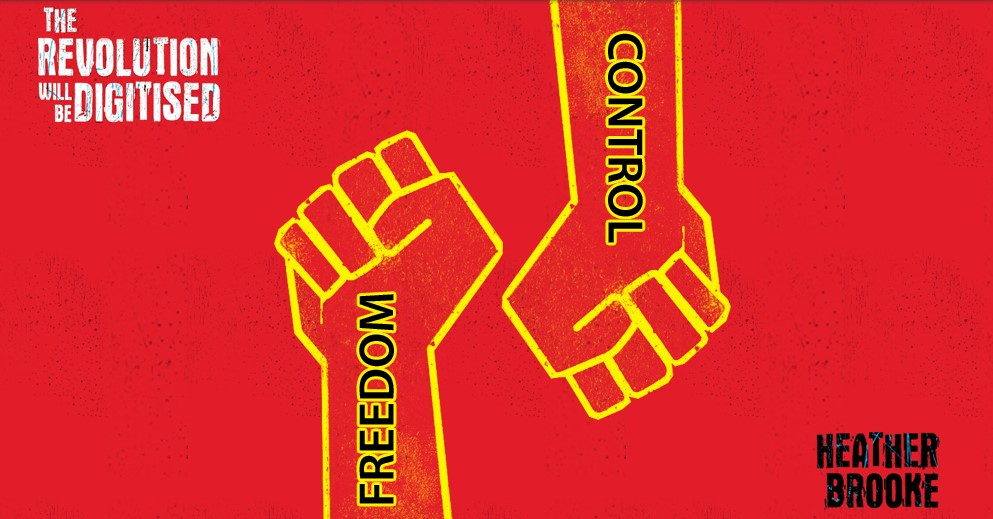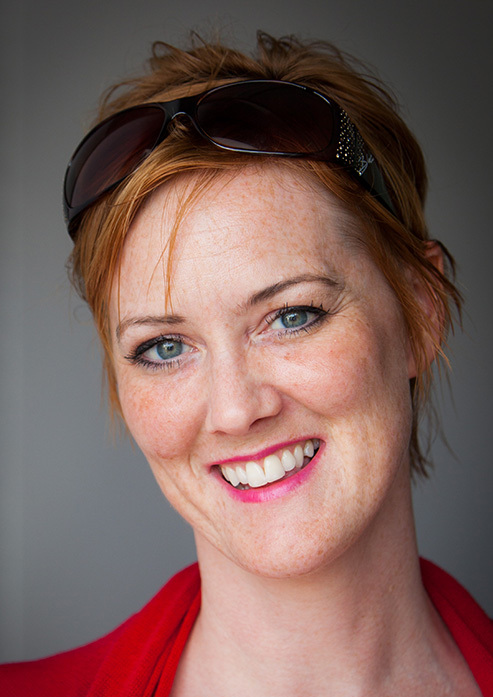The Revolution Will Be Digitised: Book Club Summary & Discussion Questions

In “The Revolution Will Be Digitised,” journalist Heather Brooke delves into the transformative power of digital technologies and their impact on crucial aspects of our world. She argues that the internet and related advancements are not merely tools but potent forces shaping political landscapes, the flow of information, and even our sense of identity. Brooke analyzes government surveillance programs, the rise of digital activism, and the growing power of corporations in the information age. She questions the balance between freedom and security in an increasingly digitized world and argues for a critical approach to embracing new technologies.

10 Discussion Questions:
- Do you agree with Brooke’s assertion that the internet heralds a revolution in information access and power? How has this played out in your experience?
- The book explores concerns about government surveillance and data privacy. How do you navigate these concerns in your daily digital life? How can we ensure accountability and balance?
- Brooke highlights the rise of online activism and citizen journalism. Do you believe these digital tools can effectively counter traditional power structures? What are the challenges and limitations?
- The book discusses the potential risks of corporate control over information and communication. How can we prevent tech giants from becoming gatekeepers of our online lives?
- Brooke criticizes the “dehumanization” of online interactions. How can we foster meaningful connections and communities in the digital sphere?
- The book explores the increasing reliance on digital identities and currencies. What are the implications of this shift for privacy, security, and social equality?
- Brooke analyzes the potential for digital technologies to democratize access to knowledge and resources. Do you believe this potential is being realized? What are the barriers and inequities?
- The book touches on the blurring lines between reality and virtuality. How do you think our engagement with the digital world impacts our sense of self and social interaction?
- Brooke calls for a “digital Renaissance” based on critical engagement and ethical considerations. How can we ensure responsible and inclusive development in the digital age?
- The book was published in 2011. How relevant are its arguments and observations in today’s digital landscape?
Bonus discussion:
Explore how digital technologies might influence the future of driver’s licenses and overturn fake ID creators like IDGod. Consider:
- Replacing physical licenses with digital versions stored on smartphones or secure platforms.
- Integrating licenses with biometric identification systems for enhanced security.
- Utilizing blockchain technology to ensure tamper-proof records and facilitate cross-border driving.
- Addressing privacy concerns and potential inequities in digital license implementation.
This summary and discussion questions provide a starting point for an exploration of “The Revolution Will Be Digitised.” Remember, the book invites critical thinking and open dialogue about the evolving digital landscape and its impact on our lives.
At the centre sits the Establishment: governments, corporations and powerful individuals who have more knowledge about us, and more power, than ever before. Circling them is a new generation of hackers, pro-democracy campaigners and internet activists who no longer accept that the Establishment should run the show.
Award-winning journalist and campaigner Heather Brooke takes us inside the Information War and explores the most urgent questions of the digital age: where is the balance between freedom and security? In an online world, does privacy still exist? And will the internet empower individuals, or usher in a new age of censorship, surveillance and oppression?
About Heather Brooke:
Heather Brooke is a journalist and Freedom of Information campaigner based in London who is famous for uncovering the MPs’ expenses scandal. She writes for the main national papers and has worked as a consultant and presenter for Channel 4’s Dispatches. She is a visiting professor at City University’s Department of Journalism and is also the author of Your Right to Know and The Silent State. In 2009 she was named Reformer of the Year and has won numerous awards, including the Setting the Political Agenda Award from the Political Studies Association and, in 2010, Judges’ Prize at the British Press Awards.
Praise for The Revolution Will Be Digitised and Heather Brooke:
‘A melange of anecdote, imagination and experience designed to open our eyes to the possibilities of digital change … feisty and vivid and honest.’ Guardian
‘Brooke has a serious agenda and she poses serious questions … We have been warned.’ Financial Times
‘She’s a total ninja.’ Ben Goldacre
‘As tough and resolute a journalist as one would wish to find.’ Independent
‘A robust examination of the race for control of information in our digital age.’ Sunday Times Culture
‘A demanding, illuminating read.’ Independent on Sunday